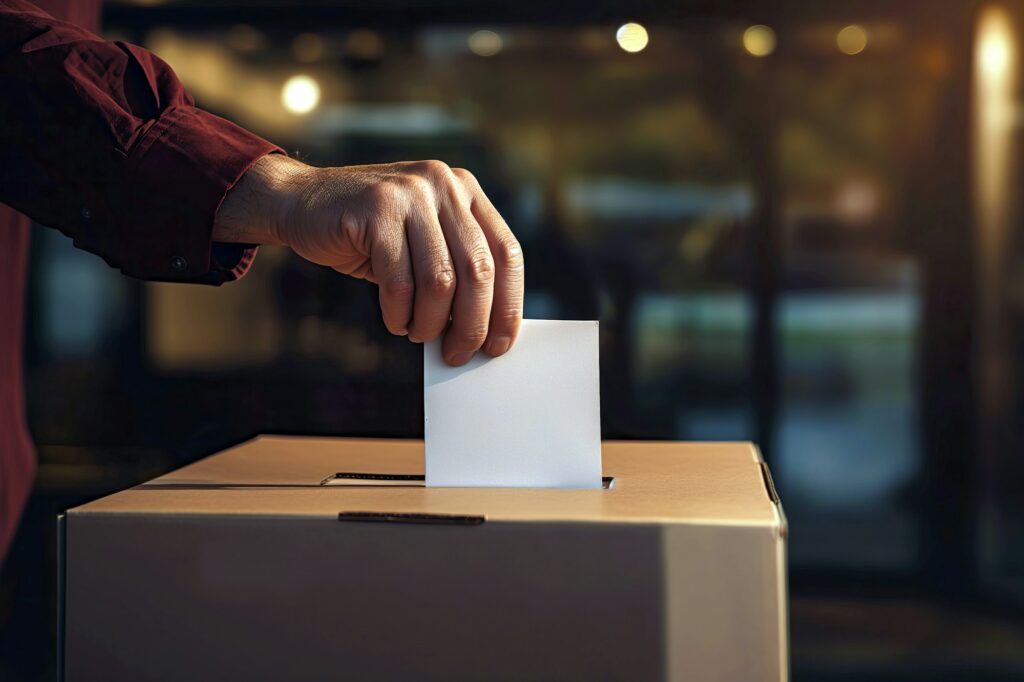![]()
Combatting Misinformation with AI Provenance
Leading the charge against election misinformation, a renowned AI company is focusing on image provenance to determine the authenticity of images in the digital age. The company is developing a classifier capable of detecting images generated by its own AI, showing early promise in identifying modified content.
Enhancing Image Authenticity
OpenAI is set to integrate digital credentials into its DALL·E 3 program, working with the Coalition for Content Provenance and Authenticity. This move aims to cryptographically encode the origins of images, bolstering the fight against doctored content.
Setting Boundaries for AI Use
Users of OpenAI’s services face strict rules prohibiting the creation of deceptive chatbots or applications for political manipulation. The firm is taking a stand to ensure its AI tools are not misused for political campaigning or to discourage electoral participation.
Directing Voters to Reliable Sources
ChatGPT, the company’s conversational AI, is programmed to guide users with US election queries to CanIVote.org. This non-partisan initiative by state election officials provides trustworthy information on voter registration and polling locations.
Continuous Efforts and Future Plans
OpenAI has committed to sharing further developments and collaborations aimed at preventing the misuse of AI tools in upcoming global elections. The company is determined to learn and adapt to counter potential threats.
The Broader Challenge of AI Misuse
Despite OpenAI’s proactive measures, the risk of AI exploitation for political ends by malicious entities remains. The World Economic Forum recently emphasized this threat, identifying AI-driven misinformation as a significant short-term global risk, with potential to stir conflict and undermine climate change efforts.
